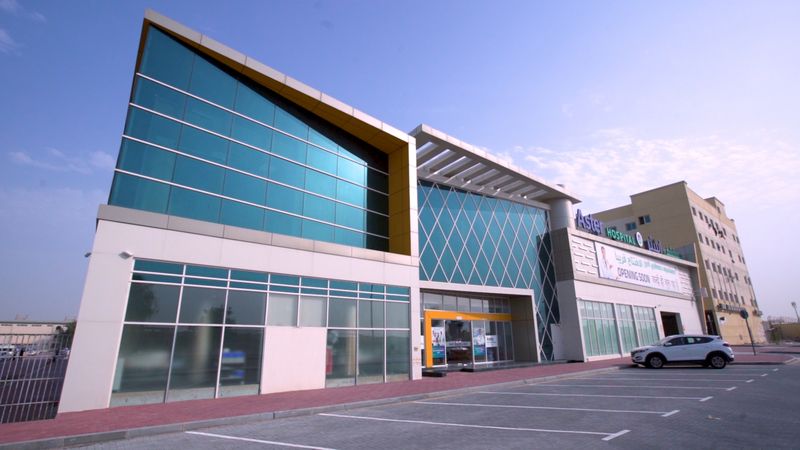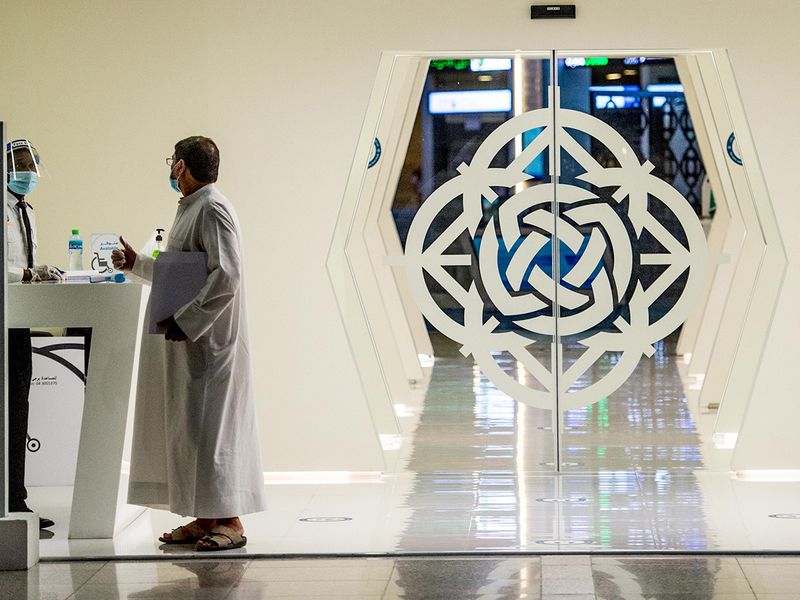Dubai: The UAE Government’s latest decision allowing full ownership by foreign nationals of their businesses will only accelerate what’s already been happening at the ground level in the last two to three years. What the new Presidential Decree does is open up more business categories to be launched without the need for a UAE national – or Emirati-owned company – as a partner/sponsor.
Because investments, cutting across sectors, have been coming into the country where full ownership is with the foreign entity. India’s $113 billion Tata Group is opening multiple stores in Dubai and elsewhere in the UAE for its jewellery and watch brands – Tanishq and Titan – through a wholly-owned subsidiary.
What the UAE Government changed
“Company-run outlets give Titan direct access to customers and help understand operating realities better, allowing faster course corrections especially in a new market or new business,” said Kuruvilla Markose, Chief Operating Officer at the International Business Division, Titan Company Ltd, which plans to have as many as 10 standalone outlets before year-end.
In itself, this is quite a significant outcome, because retail has been the one sector where local sponsorship was seen as integral. But Tesla moving into Dubai in early 2017 – and with control of its sales and servicing operations – set the marker for change in the retail landscape. There were others too, such as Apple with its own stores.
Plus, business activities built on digital and technology platforms already have extensive flexibility in deciding their shareholding patterns.

Image Credit: Agency
Significant for what’s to come
Yussufali M.A., Chairman of LuLu Group, reckons the revised UAE laws are path-breaking in what they will offer over and above what’s already been done. “As the global economy is looking for new ways and means to overcome the unprecedented challenges posed by the pandemic, I am sure this new law will help existing – as well as upcoming – businesses,” he said. Any move that will help with “ease-of-doing-business is sure to kickstart the next round of all-encompassing growth.”
This country has once again set a benchmark in ease-of-doing-business, which is sure to kickstart the next round of growth
What changes
The new decree, announced on Monday (November 23), introduces amendments to the UAE Federal Law No. 2 of 2015 on Commercial Companies. More to the point, it annuls the requirement for commercial companies to have a major Emirati shareholder (or agent), and thus providing full foreign ownership of onshore companies.
• Businesses can now be fully established by non-Emiratis of all nationalities, with companies now having a maximum of one year to comply with the amended law from the time its articles become effective.
• This can be extended under a decision by the cabinet as proposed by the Minister of Economy.
The revised Law takes effect from December 1.
Decisive action
According to Ram Buxani, Chairman of ITL Cosmos, “They have given one year’s time to amend the status on foreign ownership – that means it applies to existing businesses. But what the Law will do is attract new businesses without any limits.
“The only ambiguity that remains is on ownership of real estate in non-freehold designated areas.”
Things have gone to pre-UAE formation time when one could arrive here and start a business without any hassle
FDI booster
The decree supersedes the UAE Federal Law No. 19 of 2018 on Foreign Direct Investment (FDI Law). This provided a mechanism under which foreign shareholders could own up to 100 per cent shares of a UAE mainland company. It also stipulated the ‘negative list’ of sectors, where full foreign ownership would not be permitted.
According to Rudolph Lohmeyer, Partner – National Transformations Institute at Kearney Middle East, “The change will undoubtedly strengthen the country’s FDI attractiveness, building on the momentum we saw in the UAE’s 19 ranking in our 2020 Foreign Direct Investment Confidence Index.
“By removing the requirement to have a major UAE shareholder or agent, the UAE will expand the universe of potential investors and increase the depth of investment over time given the greater level of autonomy, reduced costs and improved ease of doing business the overhaul will enable.”

Image Credit: Gulf News Archive
A boost for stock markets?
As significant as allowing full foreign ownership, the latest updates to the country’s companies’ law will have far-reaching changes to how companies might consider a stock market float. Instead of the previous 30 per cent of shareholding, companies can go for an IPO by issuing as much as 70 per cent of the promoters’ stake.

Image Credit: Gulf News
* But it was the UK chocolate company MARS that made first use of the 100 per cent ownership possibility offered by initial changes to the UAE laws on foreign ownership limits. This transaction came through in August 2019.
Priority sectors
The Government has outlined its priorities on three key areas – manufacturing, services and agri – where it wants to see more businesses committing investments. This is what it calls the ‘positive list’.
“The Resolution sets out conditions companies would be required to meet (apart from minimum capital requirements),” said Pankaj S. Jain, founder of AskPankaj, a tax consultancy. “These include conditions pertaining to investment in technology, contribution to research and development, and employee headcount, as well as the need to obtain specific approvals and fulfil requirements for certain licensed activities.
“The minimum investment has been set at Dh2 million for manufacturing; Dh3 million for manufacturing in sports industries; Dh20 million for manufacturing activities of metal and medical equipment; and Dh100 million for healthcare.”
Whichever way one looks at it, the new Law represents a decisive break from the way business used to be done in the UAE. For business owners and entrepreneurs, it’s a whole new ball game to explore… and succeed at.

Image Credit: Shutterstock




